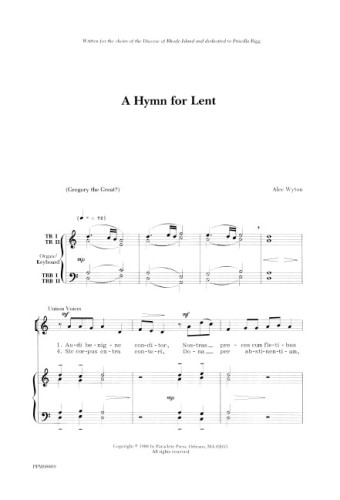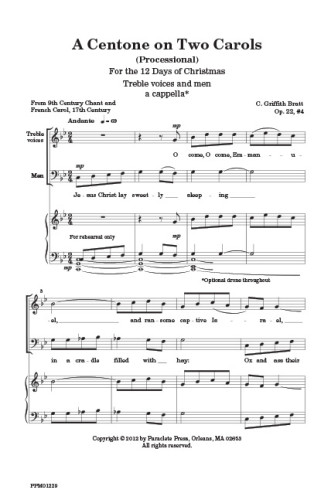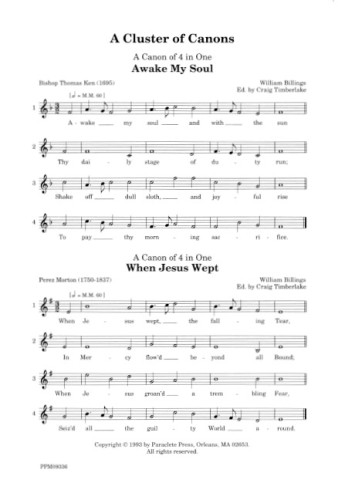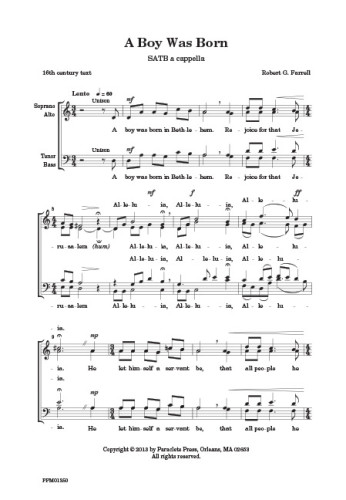Description
Preces and Responses
Stephan Casurella
A new entry into the repertory of Evening responses, this is characterized by flowing movement and mild dissonance with a particularly lovely final Amen.
$2.20
| Composer | |
|---|---|
| Music Type | |
| Difficulty | |
| Voicing | |
| Accompaniment | |
| Liturgical Celebrations | |
| Publication | 2018 |
| Digital Download | Minimum purchase of 8 copies on all choral music downloads |
Preces and Responses
Stephan Casurella
A new entry into the repertory of Evening responses, this is characterized by flowing movement and mild dissonance with a particularly lovely final Amen.
English organist, conductor, and composer Stephan Casurella (b. 1973) wrote this charming setting of the Preces and Responses for Roger Fischer and the Choir of Chester Cathedral as a young fourteen-year-old composer. Casurella’s setting alternates between A minor and A major very effectively with a few divisi passages for the soprano. – Derek E. Nickels, The Diapason, December 2018
Setting the preces and responses for Evensong requires a keen sense of balance so that each short phrase establishes a distinctive place, yet the collection of all the individual parts gives the impression of real unity. Stephan Casurella navigates this equilibrium remarkably well. Although this setting is only now reaching print, they were composed for, and first performed by, the choir of Chester Cathedral in 1987. Without betraying any specific model or speaking in any other composer’s voice, the set draws generously on precedents established by earlier settings fo the preces and responses. Nominally set in A (both major and minor), cadences reach fairly remote destinations such as C# minor and F# major. Several choral phrases repeat key harmonic progressions and melodic fragments, allowing choirs an easier time to learn notes and listeners an easier time to assimilate the musical landscape. In the last few responses, the balance may shift a bit too much toward uniformity for some tastes, yet the music never descends into stylistic monotony. – Jason Overall, The Jornal of the Association of Anglican Musicians, January 2019



